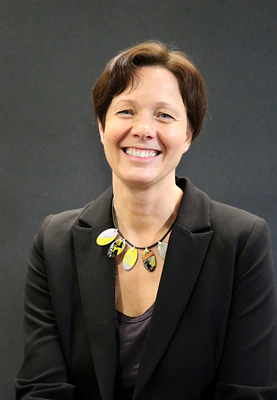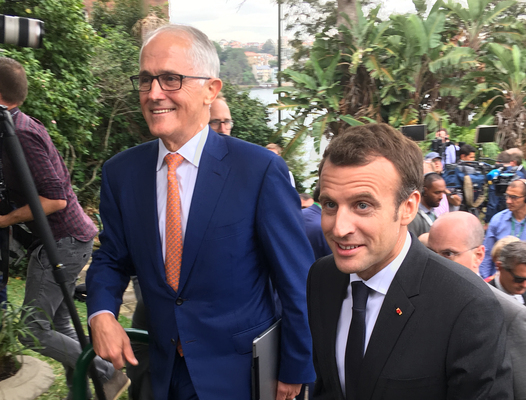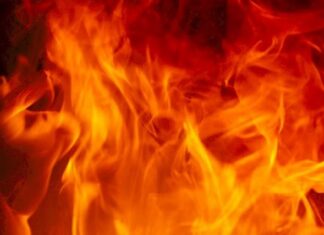By Luke Voogt
Beata Ujvari’s research began with her husband’s cancer diagnosis in 2008 and last week saw her travel to Canberra for a new agreement with France.
But the Torquay evolutionary biologist has never thought herself a “cancer researcher” despite spearheading a project which could lead to a breakthrough in the field.
“I didn’t set out to become a cancer researcher and I don’t call myself a cancer researcher,” she said.
Dr Ujvari was in Canberra as French President Emmanuel Macron and Prime Minister Malcolm Turnbull signed their agreement on a “laboratory without walls” for the project.
Her husband’s diagnosis motivated her to begin the project studying cancer in Tasmanian devils in 2011.
“You feel completely helpless – you want to make a difference and try to help your loved ones,” she said.
“I felt I needed to use my education and knowledge to help my husband, help the Tasmanian devils and contribute to cancer research.”
Her work on the cute critters, and later zebrafish, could lead to breakthroughs in cancer research and treatment in humans, she explained.
“We started identifying certain molecules in the immune system that are targeting the cancer.”
Her husband went into remission in 2013 and in the same year Dr Ujvari began working with French researchers on her work.
Last week’s agreement will cement the collaboration between French researchers, Deakin University and the University of Tasmania.
The agreement would help scientists travel between the two countries so they could share experiments and work with each other’s’ students, Dr Ujvari said.
She will visit France in August, while one of her key collaborators will come to her Deakin’s Waurn Ponds campus in November, she said.
“It gives us more of a chance to exchange ideas.”
The ground-breaking project could reshape the field of cancer biology with its “transdisciplinary” approach, Dr Ujvari said.
“The laboratory will draw on specialists working in mathematics, cell biology, evolutionary biology, and behavioural ecology to understand the role of cancer in ecological and evolutionary processes.”










